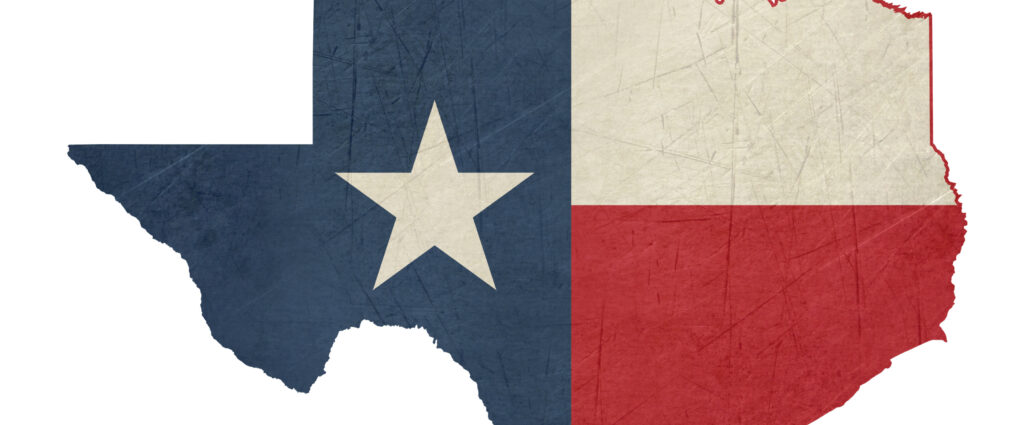Texas Governor Says No to Get out of Jail Free Policies Due to COVID-19; Texas Supreme Court and a Federal Judge Agree
Bail reform activist groups are not being shy about using the recent pandemic to advance their cause. Even in jails where the rate of infection within the entire prison system is less than the rate of infection from the general public, the call is loud and clear to open up the jail doors and release these offenders with nothing more than a handshake and a promise not to reoffend.
RELATED: NYC man released from Rikers Island over coronavirus arrested on new rape charge: report
You’ll recall the case in Harris County, Texas – Russell v. Harris County, filed by the Civil Rights Corps, which called for defendants charged with felonies who allegedly cannot afford their bail to be immediately released without having to post bail. Suddenly, Texas has become the vehicle to file for an emergency motion to release all such felons on their own recognizance. As we mentioned, Governor Greg Abbott went on offense by issuing an executive order restricting the Rules of Criminal Procedure and severely limiting the ability of defendants to get out on their own recognizance during the COVID crisis.
Said the Governor’s Order…
WHEREAS, several counties are now reportedly considering the broad-scale release of arrested or jailed individuals as a result of COVID-19, including potentially those who have committed felonies, in order to reduce the size of the jail population; and
WHEREAS, such releases from county or municipal jails of those charged with, convicted of, or having a history of offenses involving physical violence or threats of physical violence would not only gravely threaten public safety, but would also hinder efforts to cope with the COVID-19 disaster
Bail activists’ groups criticized the Governor’s order as unconstitutional, as did the misdemeanor judges in Harris County and a law professor that works for them. This law will never be upheld, or so they thought. They thought wrong.
First, a trial court ruled that the Governor’s Executive Order was unconstitutional. The Texas Supreme Court reversed, albeit on procedural grounds. The Court held that judges don’t have standing to challenge the Governor’s order. Only the parties to a criminal case would have standing.
Second, Judge Rosenthal in the Russell matter, where plaintiffs moved for an emergency injunction due to the COVID, ruled against the Plaintiffs. She held that it is not the job of a federal judge to get in what she called “turf wars.” Said Judge Rosenthal:
“This court is in the middle of, as Sheriff Gonzalez puts it, ‘turf wars’ between the State of Texas, America’s third-largest county, the County Sheriff, the District Attorney, the Chief Public Defender, state felony judges, and the state-court plaintiffs, including the Harris County misdemeanor judges, who are challenging the same Executive Order that the plaintiffs in this case seek to enjoin. Because the state courts are well positioned to provide expedited review of the Executive Order, this court should, and will, stay out of the fray for now.”
As part of her analysis, Judge Rosenthal made it clear that COVID-19 is a problem, but that it is not the only consideration. Consideration of public safety and integrity of the court process are also important concerns: “But releasing those who cannot safely be released—whether because of risks of new offenses, particularly crimes involving physical violence, or risks of nonappearance—is of equal concern.”
Of course, bail reform activists could still find a plaintiff who they allege is suffering due the policy by remaining in jail, and then they could assert that the statute is unconstitutional at some future point. Then, a trial court would have to rule, the case would have to go back up to the Texas Supreme Court, and we think it’s probably going to be moot by the time it gets there or at least the rules of criminal procedure will already be back in force. Will the Plaintiffs pick a fight and extend these “turf wars” by filing a class action lawsuit against the Governor next? Perhaps, but with the way courts are deferring to executive officials’ suspension of various parts of the law, we think that is an uphill road to climb.
The Governor has clearly delivered a message – public safety is the priority.



Facebook Comments